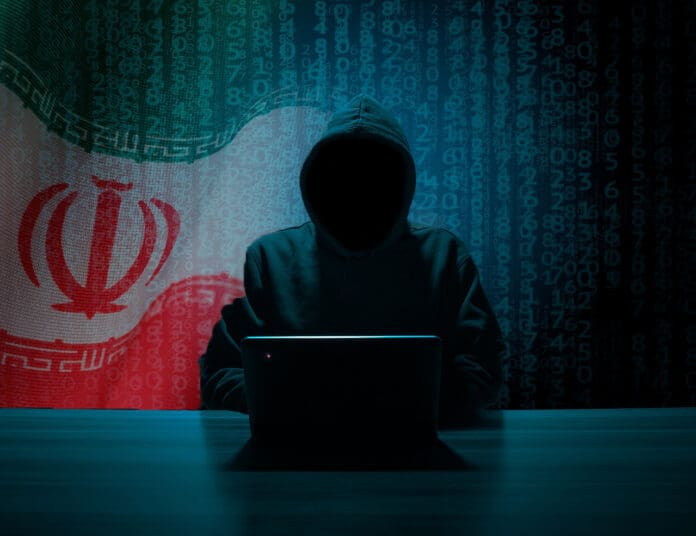This post is also available in:
 עברית (Hebrew)
עברית (Hebrew)
The FBI has issued a stark warning regarding sophisticated Iranian hackers linked to the Islamic Revolutionary Guard Corps (IRGC), who are actively targeting a wide range of individuals. These targets include current and former government officials, journalists, activists, lobbyists, and personnel from influential think tanks. This advisory follows the indictment of Iranian nationals involved in a significant hacking conspiracy.
According to the FBI, IRGC-sponsored threat actors utilize various social engineering techniques to gain unauthorized access to personal and business accounts. They often impersonate trusted contacts through email or messaging platforms, seeking to extract sensitive information. By establishing rapport and building trust, these hackers can persuade victims to click on hyperlinks that lead to counterfeit login pages designed for credential harvesting.
While the IRGC has primarily focused on individuals connected to Iranian interests, there has been a concerning trend of attacks on those associated with U.S. political campaigns. Victims may be tricked into providing two-factor authentication codes or engaging with phone notifications that grant the hackers access. Notably, individuals may successfully access a document but encounter login errors that conceal the breach.
The hackers meticulously select their targets and tactics, often impersonating known individuals, family members, or established email service providers. Previous attempts have included requests for interviews from impersonated journalists, conference invitations, and discussions surrounding U.S. campaigns and elections.
Successful compromises typically result in suspicious logins from both foreign and domestic IP addresses, alongside the creation of email forwarding rules that keep victims unaware of the breaches. The hackers may also connect unauthorized devices to victim accounts to exfiltrate or delete sensitive messages.
To lend credibility to their schemes, these cyber actors create malicious domains that mimic legitimate institutions, using URLs like atlantic-council[.]com, bitly[.]org[.]il, and more.
In response, the FBI recommends that individuals remain vigilant against unsolicited contacts and links, particularly shortened URLs. Organizations are urged to implement user training, email security controls, and multi-factor authentication to strengthen defenses against these threats.


























